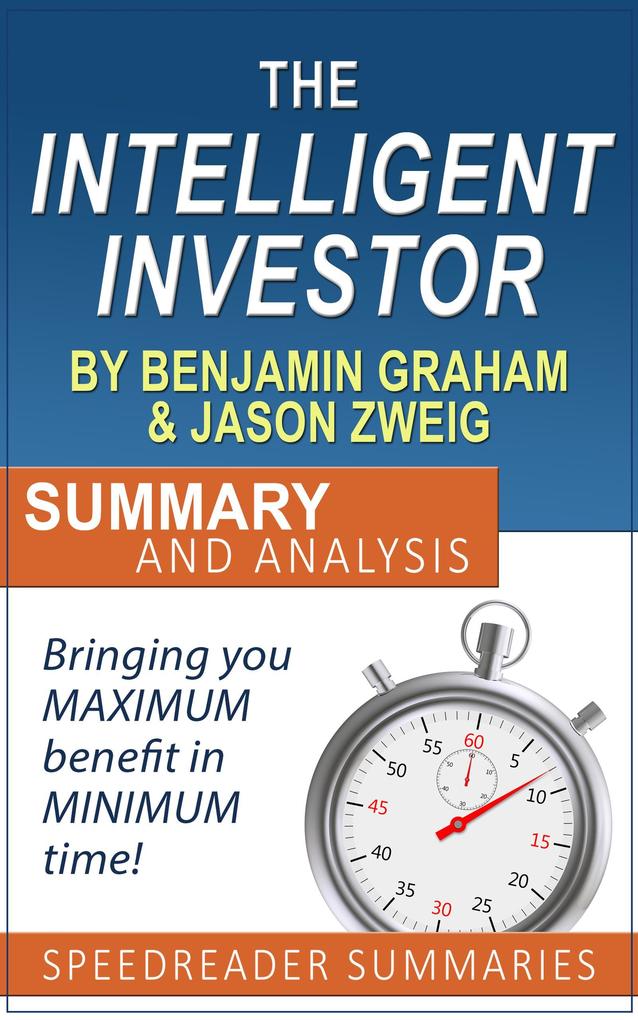

90) that “a long-term bond may vary widely in price in response to changes in interest rates.” In the light of what has since happened we think that this warning-with attendant examples-was insufficiently stressed. (Neither did anyone else that we know of.) We did warn (on p. In 1964 we discussed at length the possibility that the price of stocks might be too high and subject ultimately to a serious decline but we did not consider specifically the possibility that the same might happen to the price of high-grade bonds. There is a paradoxical aspect to these developments. 3 About half gave as their reason “not safe, a gamble,” and about half, the reason “not familiar with.” * It is indeed ironical (though not surprising) that common-stock purchases of all kinds were quite generally regarded as highly speculative or risky at a time when they were selling on a most attractive basis, and due soon to begin their greatest advance in history conversely the very fact they had advanced to what were undoubtedly dangerous levels as judged by past experience later transformed them into “investments,” and the entire stock-buying public into “investors.” Compare this with the attitude of the public toward common stocks in 1948, when over 90% of those queried expressed themselves as opposed to the purchase of common stocks. The newspaper employed the word “investor” in these instances because, in the easy language of Wall Street, everyone who buys or sells a security has become an investor, regardless of what he buys, or for what purpose, or at what price, or whether for cash or on margin. Vital and indispensable, this revised edition of The Intelligent Investor is the most important book you will ever read on how to reach your financial goals. While preserving the integrity of Graham's original text, this revised edition includes updated commentary by noted financial journalist Jason Zweig, whose perspective incorporates the realities of today's market, draws parallels between Graham's examples and today's financial headlines, and gives readers a more thorough understanding of how to apply Graham's principles.

Over the years, market developments have proven the wisdom of Graham's strategies. Graham's philosophy of "value investing"-which shields investors from substantial error and teaches them to develop long-term strategies-has made The Intelligent Investor the stock market bible ever since its original publication in 1949. The greatest investment advisor of the twentieth century, Benjamin Graham, taught and inspired people worldwide. The classic text of Benjamin Graham's seminal The Intelligent Investor has now been revised and annotated to update the timeless wisdom for today's market conditions. "By far the best book on investing ever written."-Warren Buffett


 0 kommentar(er)
0 kommentar(er)
